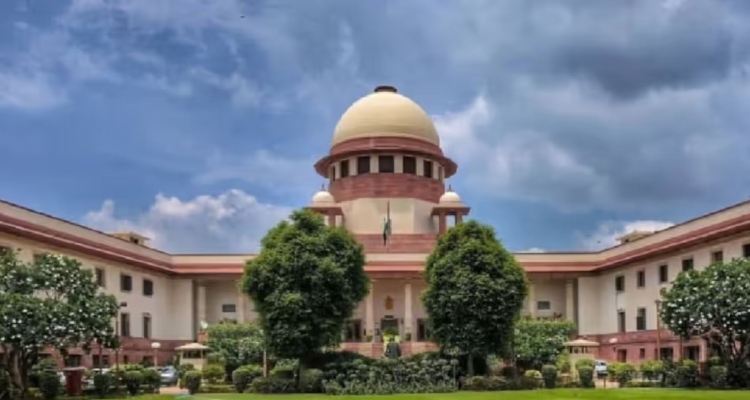
The Supreme Court on Friday has dismissed a Public Interest Litigation calling for the establishment of a regulatory board to monitor over-the-top and streaming platforms in India.
The bench, led by Chief Justice DY Chandrachud and including Justices JB Pardiwala and Manoj Misra, expressed concern that many PILs have shifted towards policy issues, stating, “This is the problem of PILs. They are all on policy now, and we miss our genuine PILs.”
The petition highlighted that OTT platforms operate without the same checks and balances imposed on traditional media, such as films and television. Advocate Shashank Shekhar Jha, who filed the plea, argued that unlike films released in theaters, OTT content doesn’t undergo a certification process prior to its release.
This absence of oversight has contributed to a rise in explicit scenes, violence, and substance abuse, often without appropriate warnings.
While the Union of India and the Ministry of Information and Broadcasting introduced the IT Rules 2021 for self-regulation of OTT platforms, the petition claimed these measures have proven ineffective.
Jha emphasized that platforms exploit loopholes, disseminating controversial content unchecked, which poses national security risks and promotes gambling and drug use.
The plea aimed to prevent harm before it occurs by establishing a regulatory body to oversee content before it reaches the public, similar to the regulations governing movies and television. Jha pointed out that OTT platforms have become avenues for promoting substances prohibited in advertisements, such as gambling, liquor, and drugs, while taking advantage of regulatory gaps.
The petition underscored the lack of any law or autonomous body governing digital content, arguing that this has resulted in unfiltered access to potentially harmful material for the public. It sought directions for the creation of an appropriate board or institution to manage content across various OTT and digital media platforms.
Furthermore, the plea requested that the Central Government establish an autonomous body headed by an IAS officer at the secretary level, including members from diverse fields such as film, media, defense, law, and education.
The petitioner contended that the absence of a certification board for OTT platforms creates an uneven playing field between traditional media and digital streaming services. Traditional media faces stringent regulations, while OTT platforms operate largely unregulated, enabling them to circumvent mandatory content restrictions that apply to other media. This regulatory disparity was described as arbitrary and unjustifiable.
The dismissal of the PIL raises important questions about the future of content regulation in the rapidly evolving digital landscape and the challenges of ensuring accountability without stifling creative expression.




